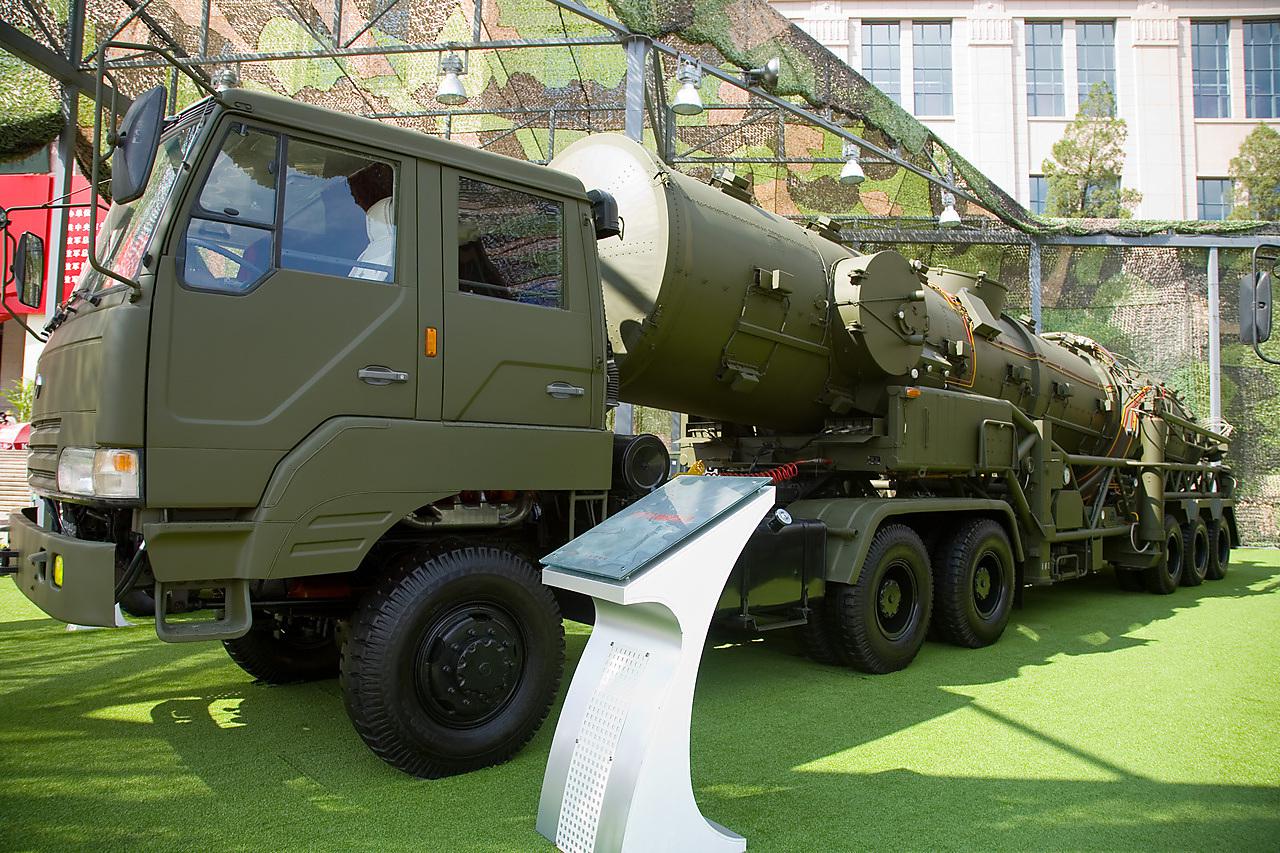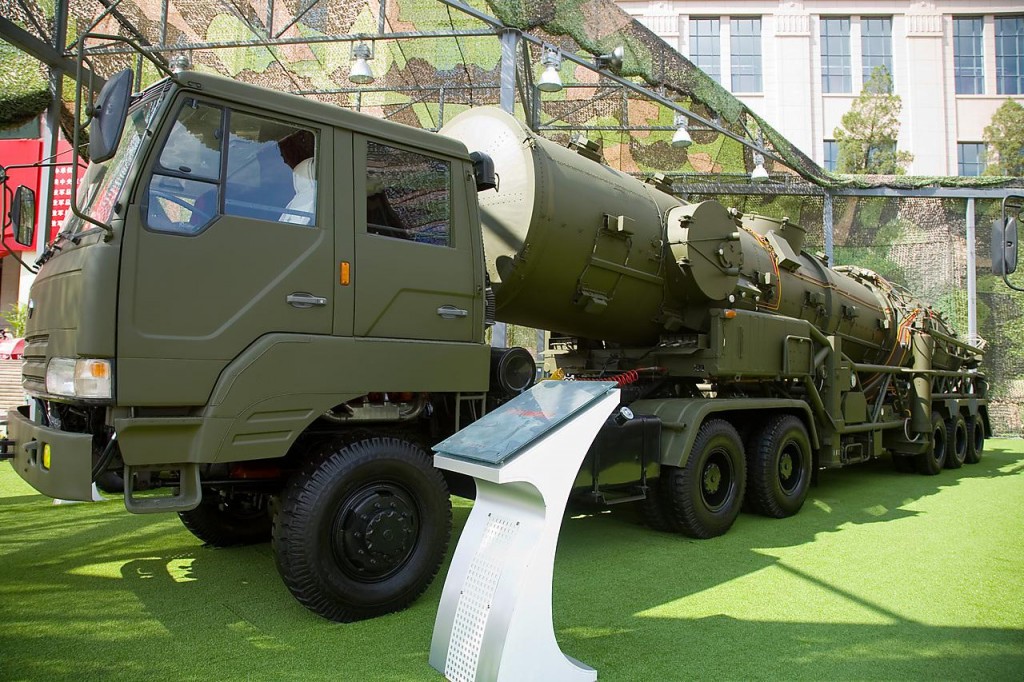The recent P5+1 group agreement in Geneva regarding the Iranian nuclear programme has forced Saudi Arabia to reactivate an old agreement made with Pakistan several years ago.
According to a story by BBC’s Newsnight in November 2013, Saudi Arabia and Pakistan have an alleged Nuclear Sharing Agreement.
This agreement includes the financing of Pakistan’s nuclear weapons programme from Saudi Arabia. In exchange Islamabad will deliver nuclear warheads to Riyadh in times of trouble.
The prospects of a final agreement next month between the P5 and Iran for making its nuclear programme more transparent and restricted have alarmed the Saudis, the Sunday Times revealed. As a former American defence analyst said to the newspaper, “For the Saudis the moment has come”.
The Saudi-Pakistani programme was revealed for the first time by Amos Yadlin, the former head of Israeli military intelligence in a conference in Sweden.
According to Yadlin, as soon as Iran get nuclear weapons “the Saudis will not wait one month. They already paid for the bomb, they will go to Pakistan and bring what they need to bring”.
Saudi Arabia bought 30-120 Chinese intermediate-range ballistic missiles DF-3 (CSS-2, Dongfeng Missiles) with 9-12 transporter erector launchers (TEL) between 1987-1988, which were displayed for the first time in 2014.
The missiles belong to the Royal Saudi Strategic Missile Force and can carry a 2,150kg conventional high-explosive warhead.
These missiles could possibly be armed with the Pakistani nuclear warheads, since they were also designed to carry a nuclear payload. The range of the liquid fuelled intermediate-range ballistic missile DF-3 is 3,300km and it can carry up to 3 nuclear warheads of 50-100kt.
Besides these missiles, Saudi Arabia secretly bought a number of DF-21 medium-range ballistic missiles in 2007. This was revealed in January 2014 by Newsweek. The DF-21 missiles were modified in response to CIA pressure, so they could not carry nuclear warheads.
The DF-21 is solid-fueled missile and has a range of 1,770km. It is a highly accurate missile system with 30 meters circular error probability.
Some experts, however, doubt that it will be easy for Pakistan to deliver nuclear weapons to Saudi Arabia.
According to Mark Fitzpatrick, a non-proliferation expert with the International Institute for Strategic Studies, Pakistan is probably not ready to send nuclear weapons to Saudi Arabia since, “its reputation suffered greatly the last time they assisted other countries with nuclear weapons technology and [Pakistan] knows that transferring nuclear weapons to Saudi Arabia would also incur huge diplomatic and reputational costs”.
Based on information from open sources, Pakistan has a stockpile of 80-120 warheads.
The possibility of transferring a number of them to Saudi Arabia, in order to counterbalance a future nuclear Iran, could trigger a nuclear arms race in the Middle East, leading to unexpected developments in the region.


